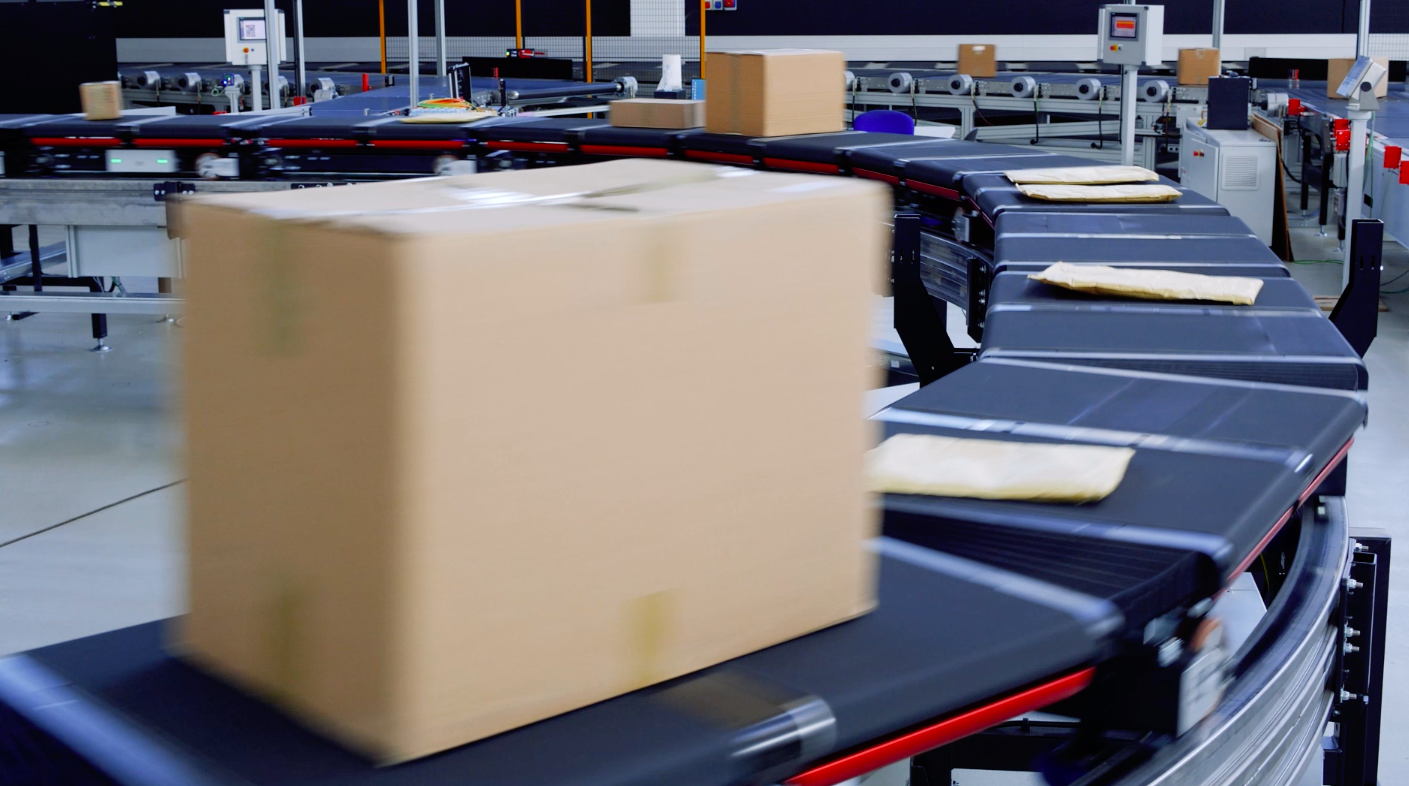System integrator Element Logic has implemented another AutoStore system in Switzerland. The maximally flexible AutoStore concept has enabled a solution for the logistics centre in Niederuzwil in which storage and picking take place separately on two different building levels.
Increasing capacities, optimising processes, increasing efficiency – with these demands to strengthen its wholesale activities, the Swiss wholesaler Scheitlin-Papier AG decided to build a new modern logistics centre in Niederuzwil/St. Gallen. Scheitlin-Papier is a part of the international trading group DHYS Group and a member of the GVS Group Handelsgenossenschaft.
The new warehouse location is 20km from the company headquarters in Wittenbach. An AutoStore system will be installed for the storage of small parts. Scheitlin-Papier AG commissioned system integrator Element Logic with the design and project implementation of the automated storage and picking system. As the first official AutoStore integrator, the company has implemented more than 200 AutoStore solutions.
“In addition to the many advantages of the AutoStore concept, the proven expertise was a key factor in the awarding of the contract,” explains Claudia Scheitlin, co-owner of Scheitlin-Paper AG. The family business is a successful trading company and offers its customers solutions and products in the fields of professional cleaning, medical, hygiene, catering and packaging. The product range comprises more than 12,000 articles, half of which must always be available. In addition to standard articles, Scheitlin-Papier sells custom-made products as well as individually printed articles in order to be able to supply customers with “everything from a single source”.
For the new logistics centre in Niederuzwil, Element Logic built an AutoStore system for around 15,000 containers on an upper floor of just 400 sq meters. Up to 15 containers are stacked on top of each other in the aluminium grid, which is just over five meters high. Three small R5-series robots work on the surface of the grid and handle the storage, transfer and retrieval of the totes. For order picking, they transfer the totes with the desired articles to two workstations in the basement, so-called SwingPorts.
Two further ports for flexible expansion in the event of future throughput increases are already provided for in the system layout as frames. Another special feature of the system is its installation between two building walls. This eliminates the need for two side panels. The ports are on the building level below the AutoStore warehouse. This is also where the packing areas and shipping preparation are located, so that the material flow is efficiently integrated into the overall process sequence without internal detours. To ensure separate fire protection areas for the two building levels, the SwingPorts are equipped with horizontal fire doors.
“Both in terms of adaptation to local conditions and in terms of customer-specific equipment and future scalability in terms of storage capacity and performance, the AutoStore concept offers maximum flexibility,” sums up Joachim Kieninger, Director Strategic Business Development for the D-A-CH region at Element Logic. “This allows us to develop and implement the optimal solution for every industry and all requirements. The plant for Scheitlin-Papier AG will be one of our most interesting reference plants in the Swiss market.”
Go-live of the plant is scheduled for April 2023.





